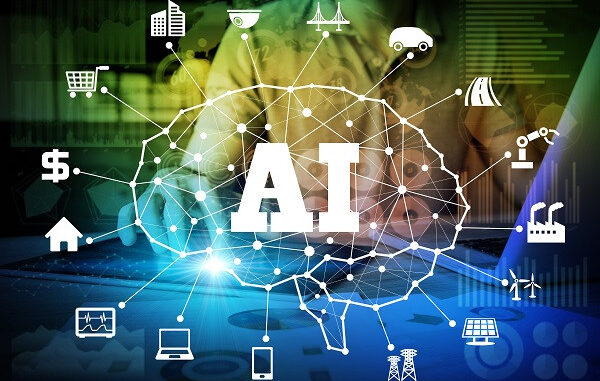
Ethical AI use refers to the responsible development and deployment of artificial intelligence technologies, ensuring that they align with moral principles and societal values. Given the rapid advancements in AI, it is essential to consider ethical implications in various contexts. Here are some key aspects:
### 1. **Fairness and Non-discrimination** – **Bias Mitigation:** Efforts should be made to identify and mitigate biases in AI systems to avoid perpetuating discrimination based on race, gender, age, or other characteristics.










– **Equitable Access:** Ensure that AI technologies are accessible to all and do not widen existing inequalities.
### 2. **Transparency and Explainability**
– **Understanding Decisions:** AI systems should be designed to provide clear explanations for their decisions to promote user trust and understanding.
– **Open Communication:** Organizations should be transparent about how AI systems function and the data used in their training.
### 3. **Accountability**
– **Responsibility for Outcomes:** Establish clear lines of accountability for the decisions made by AI systems, including understanding who is responsible for unintended consequences.
– **Regulatory Compliance:** Ensure that AI systems comply with existing laws and regulations.
### 4. **Privacy Protection**
– **Data Privacy:** Implement measures to protect individuals’ privacy and ensure that data used for AI training is collected and processed ethically.
– **User Consent:** Obtain informed consent from users when collecting or using their data for AI purposes.
### 5. **Safety and Security**
– **Risk Assessment:** Conduct thorough assessments to identify potential risks associated with AI systems and take steps to mitigate them.
– **Robustness:** Ensure that AI systems are resilient against adversarial attacks and operate safely in real-world contexts.
### 6. **Human-Centric Design**
– **User Empowerment:** Design AI systems that enhance human capabilities rather than replace them, promoting human oversight and involvement in decision-making processes.
– **Diversity in Development Teams:** Encourage diverse perspectives in the design and development of AI technologies to foster inclusive solutions.
### 7. **Sustainability**
– **Environmental Impact:** Consider the environmental footprint of AI technologies, including energy consumption and resource use during development and deployment.
– **Long-term Implications:** Evaluate the long-term societal impacts of AI applications, ensuring they contribute positively to societal goals.
### 8. **Collaboration and Dialogue**
– **Engaging Stakeholders:** Foster collaboration among technologists, ethicists, policymakers, and the public to address ethical challenges in AI.
– **Continuous Learning:** Adapt ethical frameworks as technology evolves and societal norms change.
By prioritizing these principles, organizations can work towards the ethical use of AI, ensuring that technology serves humanity positively and constructively.


Leave a Reply